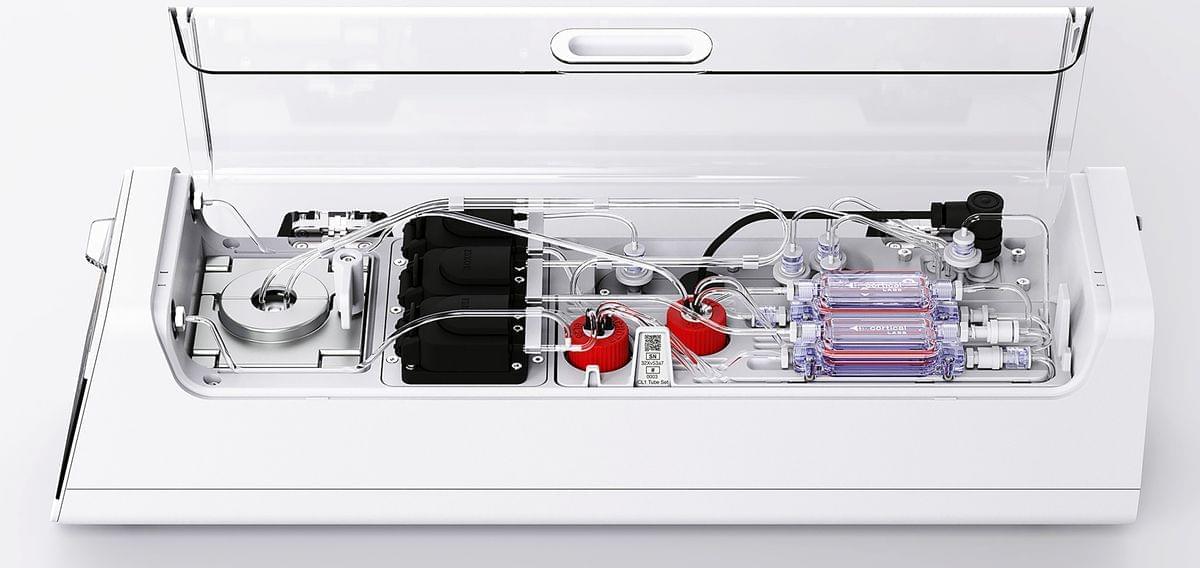Japanese researchers have successfully eliminated the extra chromosome responsible for Down syndrome using CRISPR gene editing.
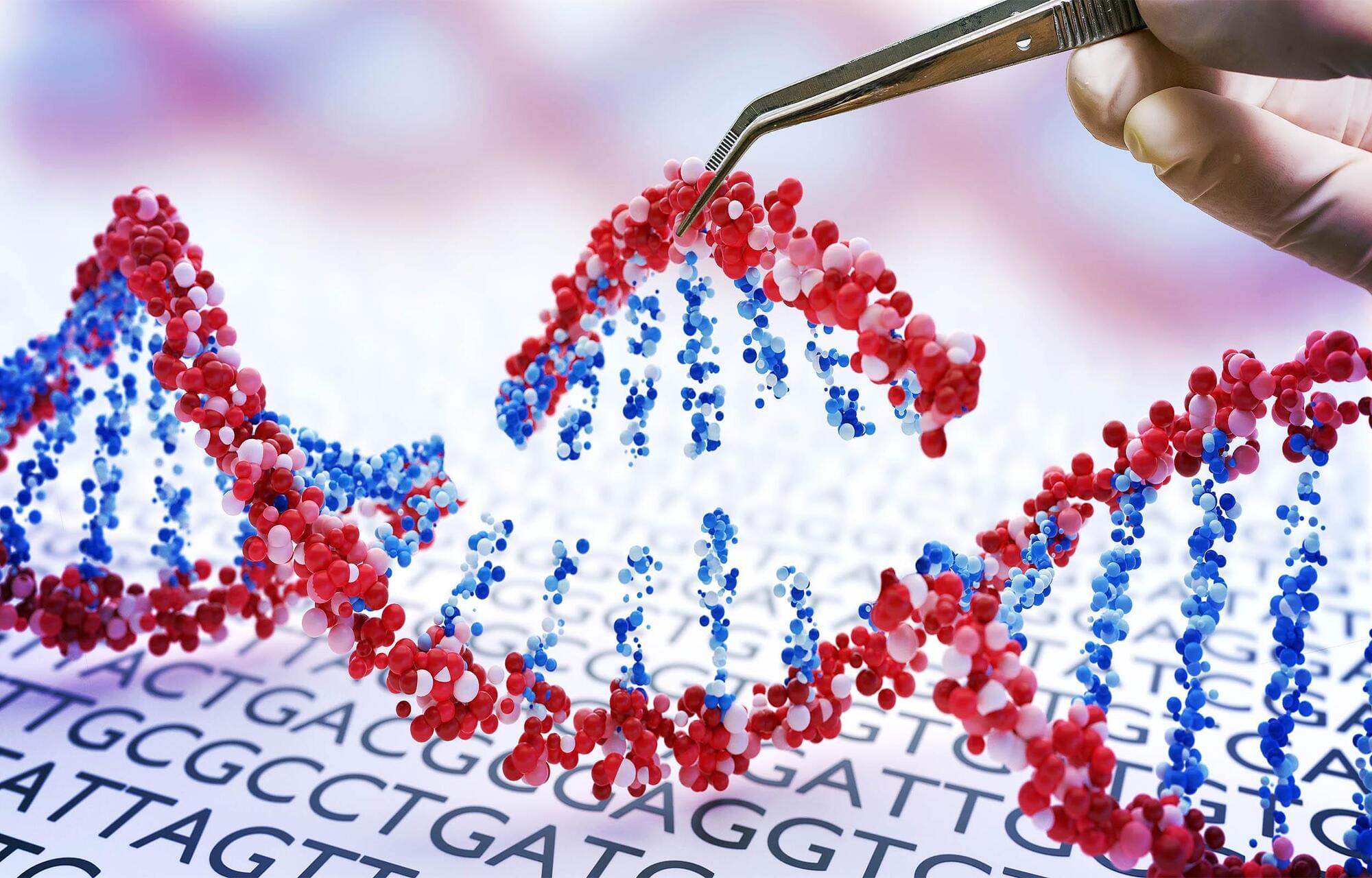

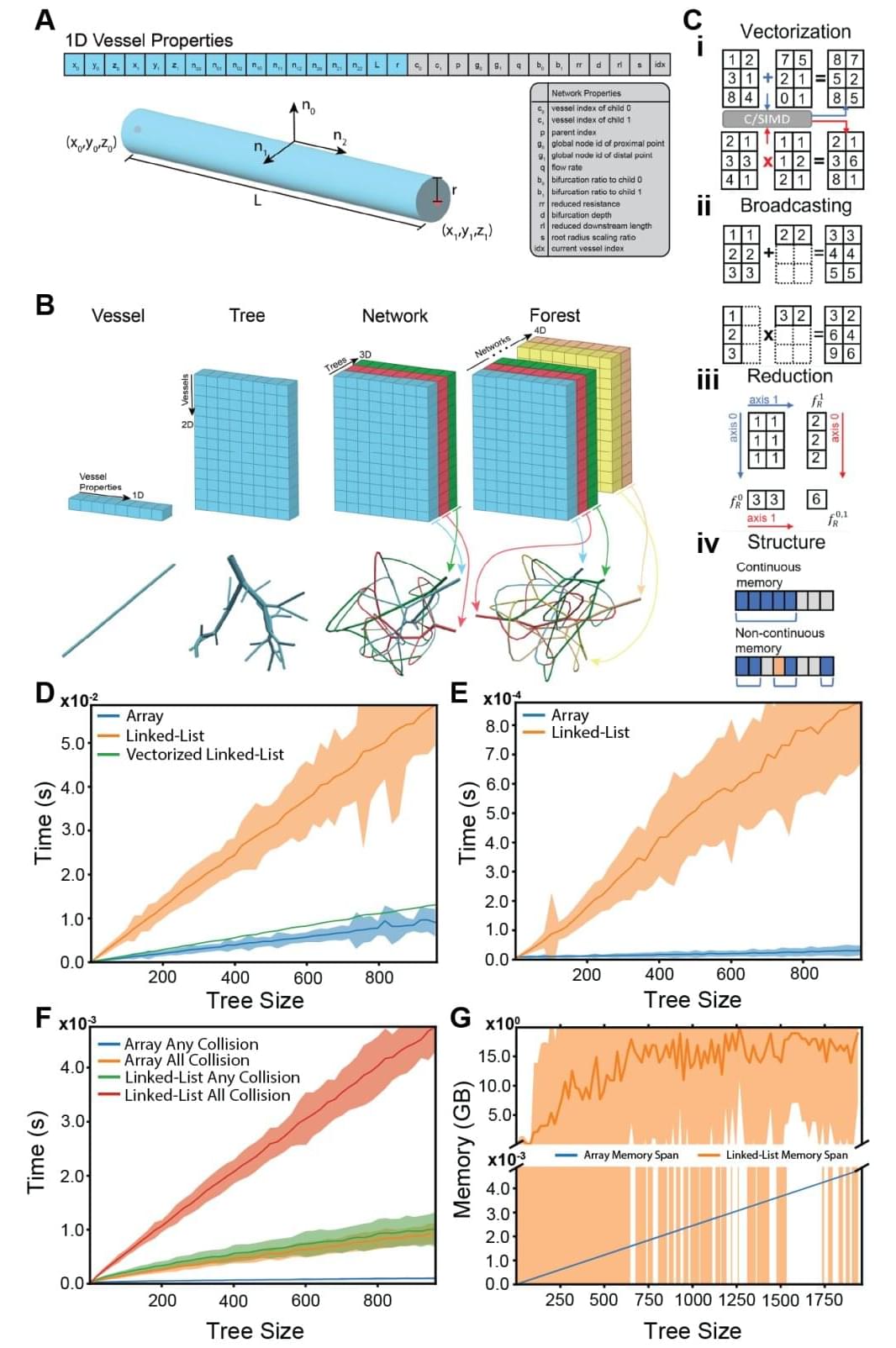
There are more than 100,000 people on organ transplant lists in the U.S., some of whom will wait years to receive one—and some may not survive the wait. Even with a good match, there is a chance that a person’s body will reject the organ. To shorten waiting periods and reduce the possibility of rejection, researchers in regenerative medicine are developing methods to use a patient’s own cells to fabricate personalized hearts, kidneys, livers, and other organs on demand.
Ensuring that oxygen and nutrients can reach every part of a newly grown organ is an ongoing challenge. Researchers at Stanford have created new tools to design and 3D print the incredibly complex vascular trees needed to carry blood throughout an organ. Their platform, published June 12 in Science, generates designs that resemble what we actually see in the human body significantly faster than previous attempts and is able to translate those designs into instructions for a 3D printer.
“The ability to scale up bioprinted tissues is currently limited by the ability to generate vasculature for them—you can’t scale up these tissues without providing a blood supply,” said Alison Marsden, the Douglas M. and Nola Leishman Professor of Cardiovascular Diseases, professor of pediatrics and of bioengineering at Stanford in the Schools of Engineering and Medicine and co-senior author on the paper. “We were able to make the algorithm for generating the vasculature run about 200 times faster than prior methods, and we can generate it for complex shapes, like organs.”
All humans who have ever lived were once each an individual cell, which then divided countless times to produce a body made up of about 10 trillion cells. These cells have busy lives, executing all kinds of dynamic movement: contracting every time we flex a muscle, migrating toward the site of an injury, and rhythmically beating for decades on end.
Cells are an example of active matter. As inanimate matter must burn fuel to move, like airplanes and cars, active matter is similarly animated by its consumption of energy. The basic molecule of cellular energy is adenosine triphosphate (ATP), which catalyzes chemical reactions that enable cellular machinery to work.
Caltech researchers have now developed a bioengineered coordinate system to observe the movement of cellular machinery. The research enables a better understanding of how cells create order out of chaos, such as during embryonic development or in the organized movements of chromosomes that are a prerequisite to faithful cell division.

In recent years, ADCs have emerged as a transformative therapeutic modality in oncology, offering a promising avenue for the treatment of bladder cancer. ADCs combine the specificity of monoclonal antibodies with the potent cytotoxicity of chemotherapeutic agents, enabling targeted delivery of payloads to tumor cells while sparing healthy tissues. This unique mechanism of action has led to significant advancements in the treatment landscape, particularly for cancers that are resistant to conventional therapies (5). In bladder cancer, ADCs have demonstrated remarkable efficacy by targeting specific tumor-associated antigens, such as nectin-4 and HER2, thereby inducing tumor cell apoptosis and inhibiting metastasis. For example, Enfortumab vedotin (targeting NECTIN-4) achieved a median overall survival of 12.9 months in the EV-301 trial (vs. 9.0 months with chemotherapy) (6). Similarly, trastuzumab deruxtecan, a HER2-directed ADC, has demonstrated promising antitumor activity in HER2-expressing bladder cancer (7), offering a potential therapeutic option for this subset of patients.
Despite these promising developments, several challenges persist in the clinical application of ADCs for bladder cancer. Key issues include the durability of therapeutic responses, the management of off-target toxicities, and the heterogeneity of antigen expression across different patient subtypes (8). Moreover, the optimal integration of ADCs with existing treatment paradigms, such as immune checkpoint inhibitors and chemotherapy, remains an area of active investigation (9). Addressing these challenges is crucial for maximizing the therapeutic potential of ADCs and improving patient outcomes.
This study provides a comprehensive evaluation of the current landscape of ADC-based therapies for bladder cancer, with a focus on their mechanisms of action, clinical efficacy, and safety profiles. We systematically review ongoing clinical trials, highlighting the most promising ADC candidates and their respective targets. Furthermore, we explore emerging strategies to enhance the precision and durability of ADC therapies, including the development of novel linkers, payloads, and antibody engineering techniques. By synthesizing the latest clinical data, this review aims to offer valuable insights into the future directions of ADC research and their potential to revolutionize bladder cancer treatment. Our findings underscore the importance of continued innovation in ADC technology and the need for personalized approaches to overcome the limitations of current therapies, ultimately paving the way for more effective and safer treatment options for patients with bladder cancer.
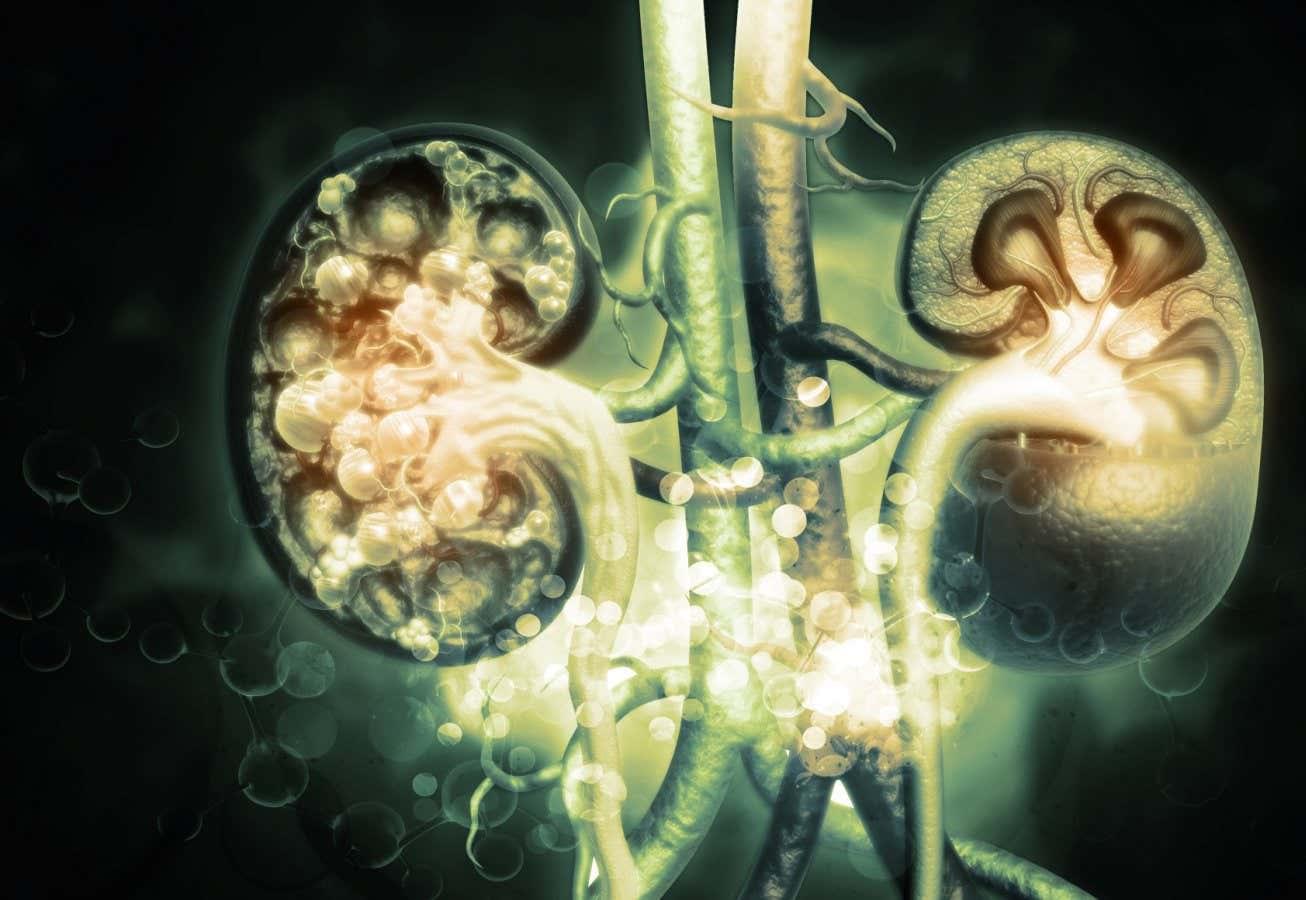
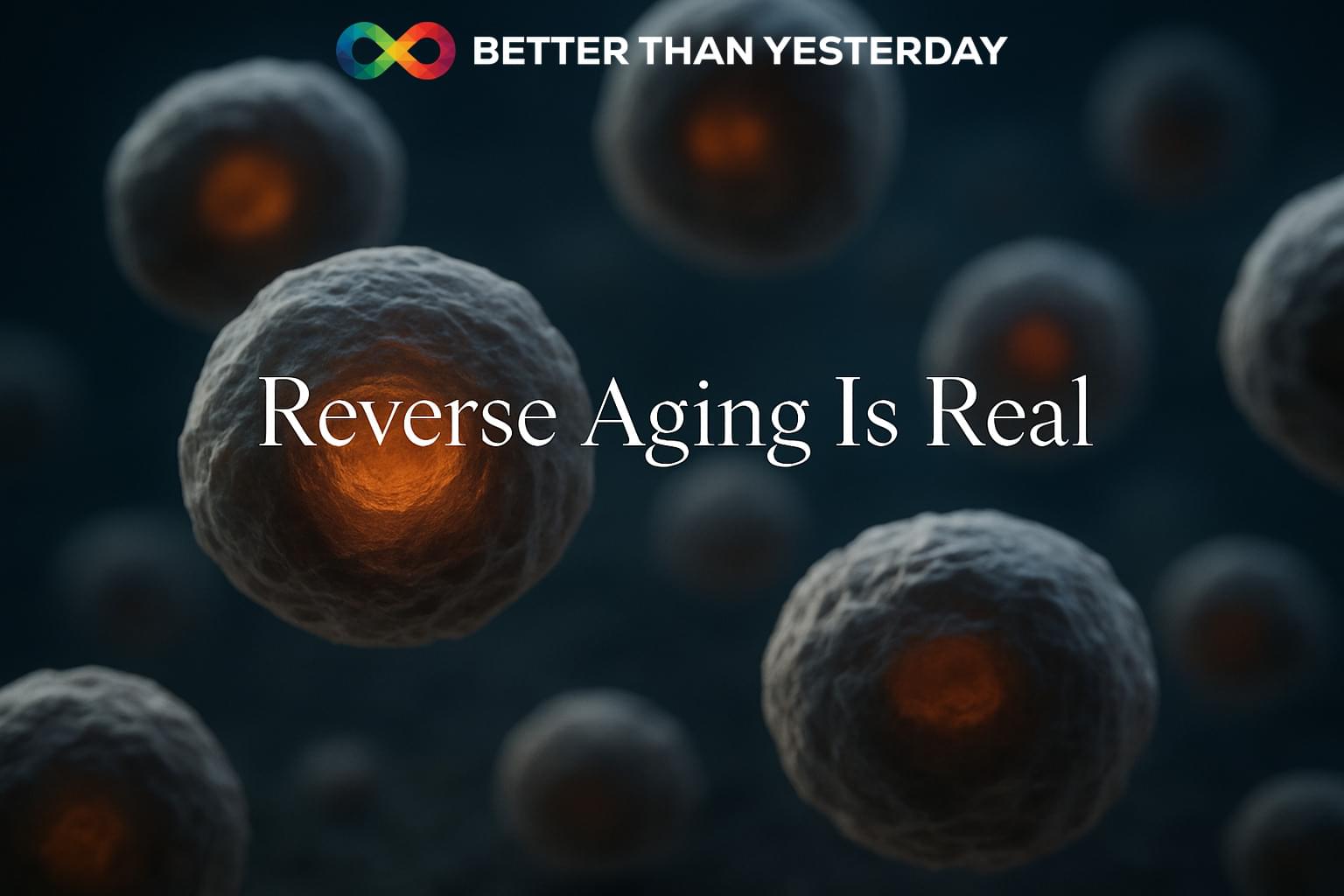
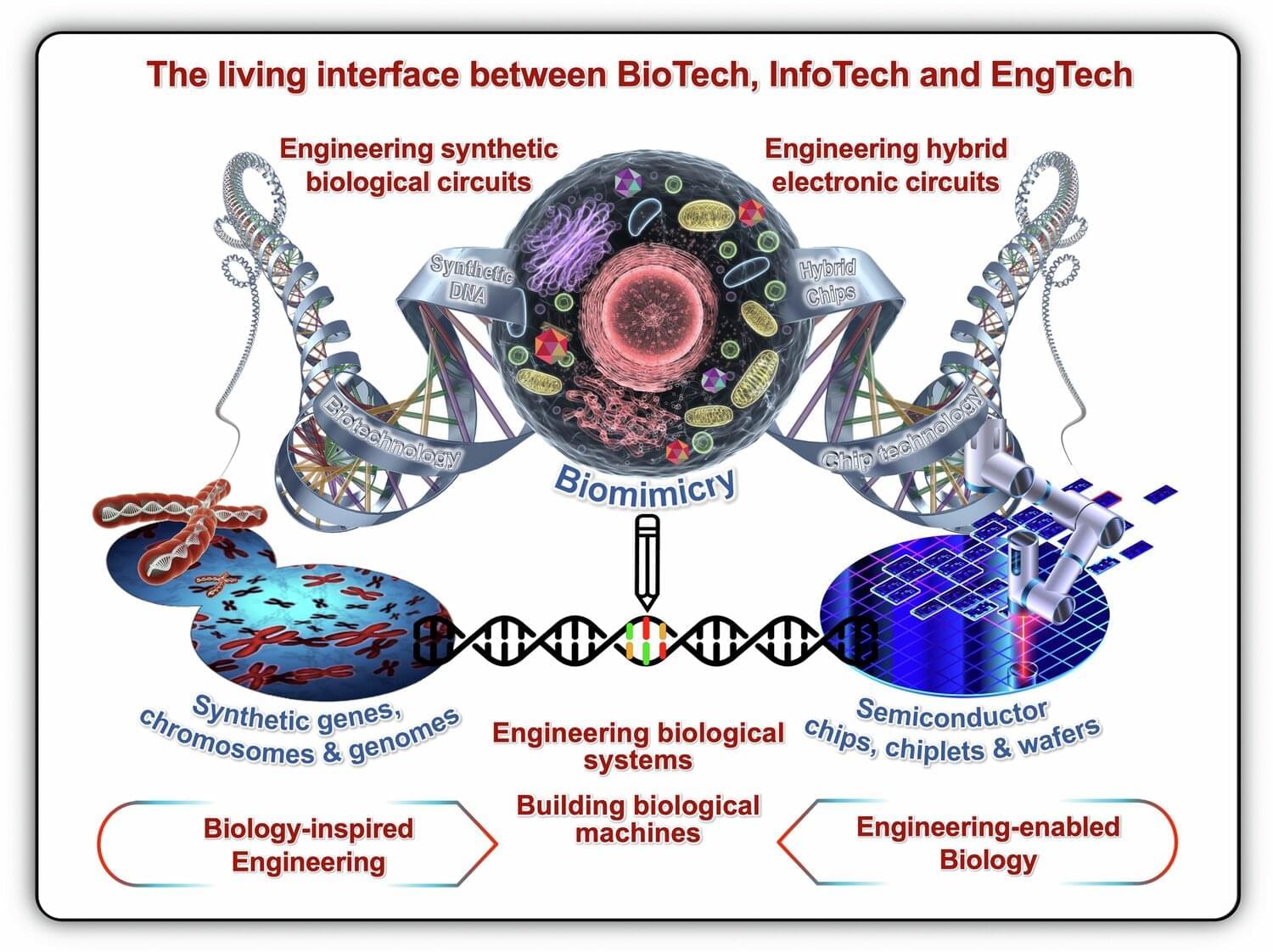
Australian researchers are turning to nature for the next computing revolution, harnessing living cells and biological systems as potential replacements for traditional silicon chips. A new paper from Macquarie University scientists outlines how engineered biological systems could solve limitations in traditional computing, as international competition accelerates the development of “semisynbio” technologies.
Living computers, organs-on-a-chip, data storage in DNA and biosecurity networks that detect threats before they spread—these aren’t science fiction concepts but emerging realities. A team from Macquarie University and the ARC Center of Excellence in Synthetic Biology (COESB) has explored this convergence of biological and digital technologies in a Perspective paper published in Nature Communications.
The Macquarie University authors—Professor Isak Pretorius, Professor Ian Paulsen and Dr. Thom Dixon (who are also affiliated with the ARC Center of Excellence in Synthetic Biology), Professor Daniel Johnson and Professor Michael Boers—draw on decades of combined experience to explain why harnessing bio-innovation can proactively shape the future of computing technology.
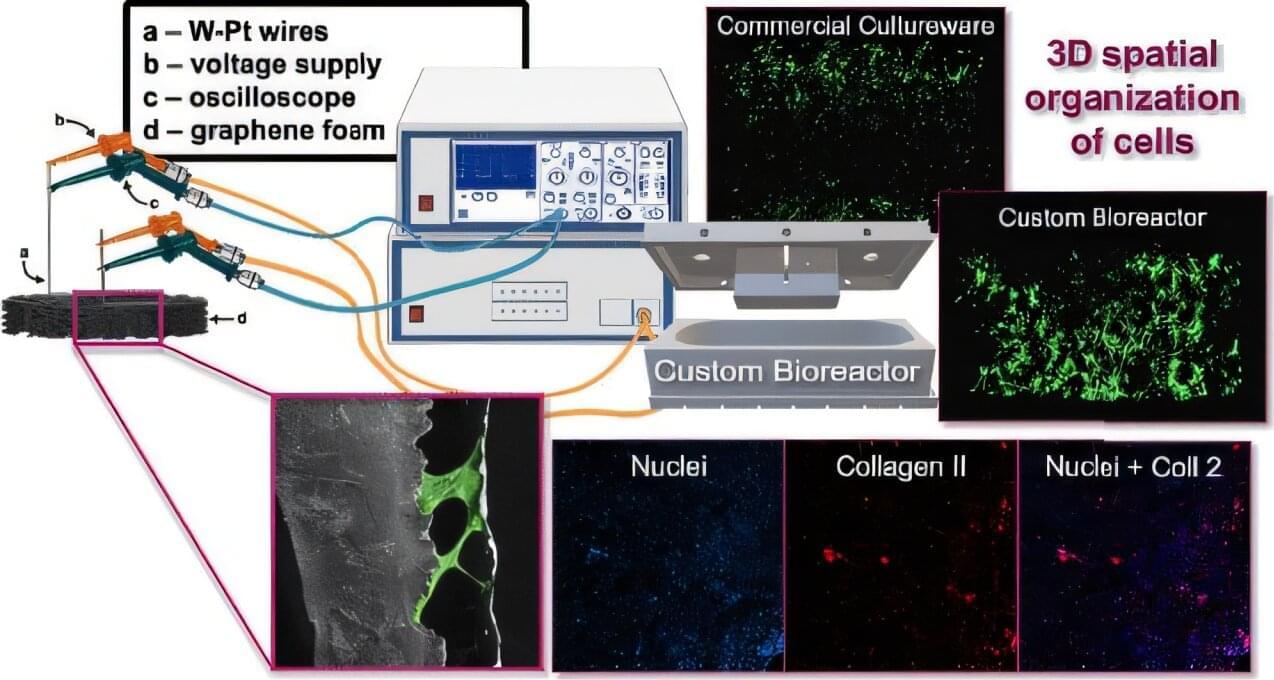
Boise State University researchers have developed a new technique and platform to communicate with cells and help drive them toward cartilage formation. Their work leverages a 3D biocompatible form of carbon known as graphene foam and is featured on the cover of Applied Materials and Interfaces.
In this work, the researchers aim to develop new techniques and materials that can hopefully lead to new treatments for osteoarthritis through tissue engineering. Osteoarthritis is driven by the irreversible degradation of hyaline cartilage in the joints, which eventually leads to pain and disability, with complete joint replacement being the standard clinical treatment. Using custom-designed and 3D-printed bioreactors with electrical feedthroughs, they were able to deliver brief daily electrical impulses to cells being cultured on 3D graphene foam.
The researchers discovered that applying direct electrical stimulation to ATDC5 cells adhered to the 3D graphene foam bioscaffolds significantly strengthens their mechanical properties and improves cell growth —key metrics for achieving lab-grown cartilage. ATDC5 cells are a murine chondrogenic progenitor cell line well studied as a model for cartilage tissue engineering.
High quality 4K Download: https://melodysheep.gumroad.com/l/udffp // Soundtrack: https://melodysheep.bandcamp.com/album/engineering-earth-original-soundtrack // Mankind has become the pilot of spaceship earth, whether we like it or not. Half of all habitable land on earth is now dedicated to supporting human activity. And as of the year 2020, the mass of all man-made materials now outweighs the mass of all life forms on earth.
Despite all this, we are still newcomers – untrained pilots steering an ancient, ever-changing planet. If we want to survive long-term and continue to grow, we will have to make bigger technological leaps than ever before.
This film explores the wildest, most ambitious, most dangerous ideas to keep Earth and humanity thriving, by protecting each of its layers – from the lithosphere to the stratosphere.
Many of our ideas may never materialize, but by dreaming them up, we can open our minds to the full potential of human willpower and intellect. The future is ours to build.
—
Thanks for watching everybody.
Music, Visuals, Sound & Story by Melodysheep (John D. Boswell)
melodysheep.com.
instagram: @melodysheep_
twitter: @musicalscience.
Narrated by Will Crowley.
